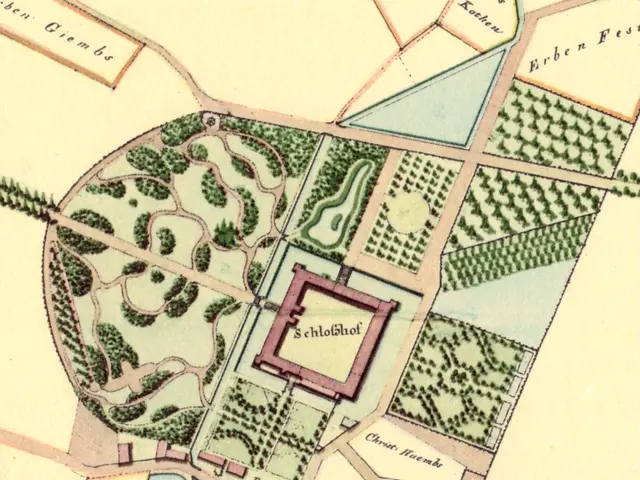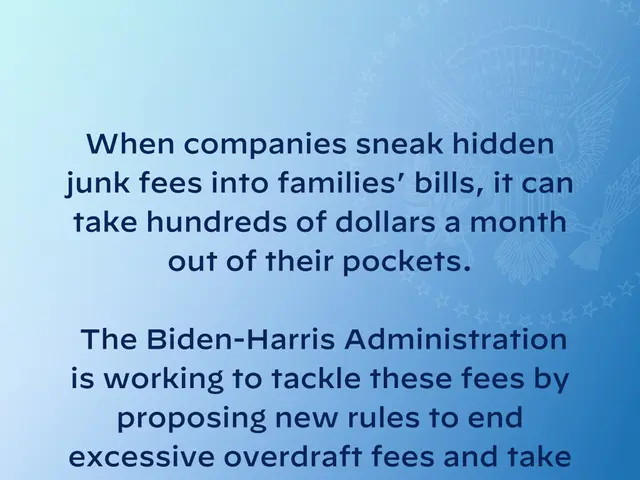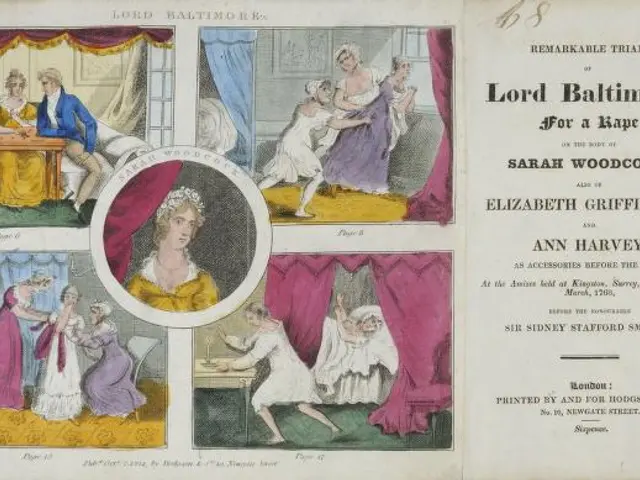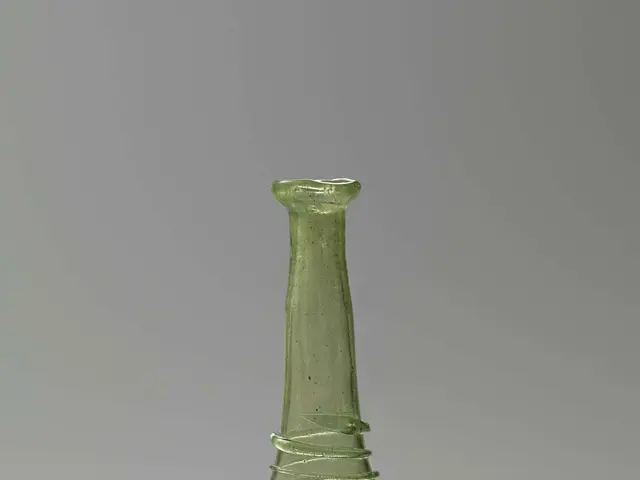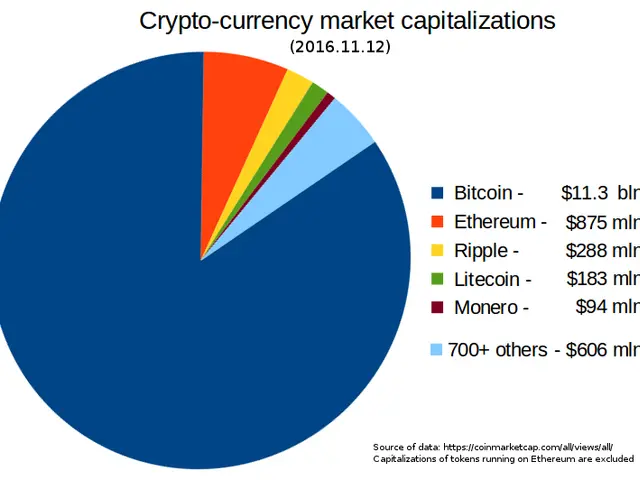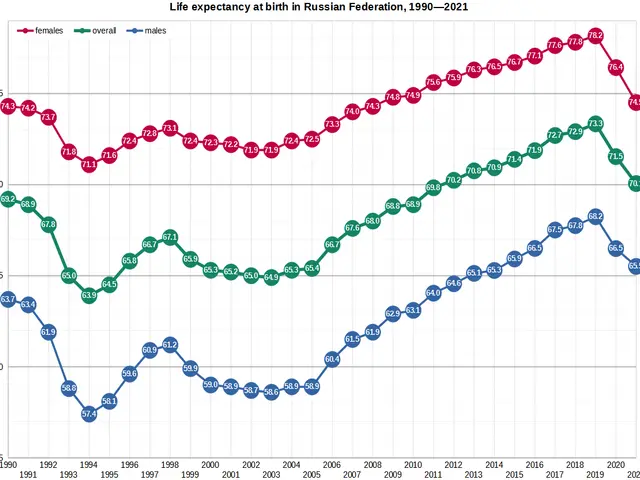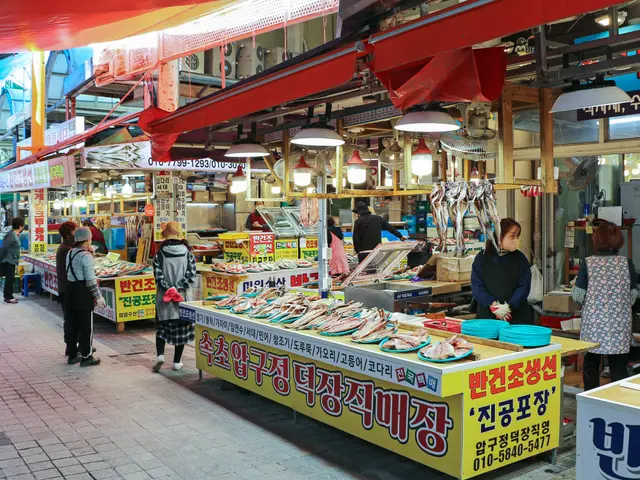Unfiltered Update: Slovakia's Leader Slams EU Gas Import Ban Plan
In a Raw Take: The EU's Gas Import Squabble
Slovakia's head honcho spurns EU scheme to seal off Russian gas imports by the year's terminus in 2027.
The Skinny: The EU has proposed a hardline strategy to cease Russian gas imports by 2027, aiming to sever energy ties and weaken Putin's war funding for Ukraine. This bold move, however, meets resistance from Slovakian Prime Minister Robert Fico, who deems the plan as catastrophic for both his country and the entire EU.
The controversial EU plan to put an end to Russian natural gas imports is causing a fuss, particularly in Slovakia. Slovakia's populist leader, Robert Fico, has vocalized his opposition to the plan, claiming it to be "absolutely unacceptable." Fico asserts that the plan will lead to detrimental consequences for Slovakia and the EU as a whole, as gas prices are expected to skyrocket.
The European Commission, the EU's executive branch, is pushing ahead with the gas ban. The detailed plan will be revealed next month and aims to nix new gas contracts with Russia by the end of this year, with existing contracts slated to phase out by 2027.
Slovakia has a gas delivery deal with Russia that runs till 2034, and Fico hints at pursuing compensation if the plan is backed.
Ursula von der Leyen, the European Commission President, stands firm, arguing that Russia has proven itself an unreliable energy supplier. In her words, the EU's energy prices should not be dictated by a "hostile neighbor." Von der Leyen also dismisses oil and nuclear fuel imports from Russia, citing security concerns and economic strain.
Hungary and Slovakia, known for their close ties with Putin, are expected to oppose the EU's gas plans, having previously blocked military aid to Ukraine. Fico, a controversial figure nationally and internationally, has openly challenged the EU's policies regarding Ukraine, solidifying his pro-Russia stance.
Interestingly, Fico is set to travel to Moscow for a second time this week to commemorate the 80th anniversary of Nazi Germany's defeat in World War II.
With vocal protests against Slovakia's pro-Russian policies brewing, the stage is set for a heated debate over the EU's gas import ban plan. Stay tuned as the situation unfolds.
Enrichment Data:
The Nitty-Gritty on the EU's Gas Import Ban Plan
- Breakdown: The EU's gas ban plan involves a two-phase approach. New and short-term contracts will be discontinued by the end of 2025, while long-term contracts, accounting for two-thirds of Russian gas imports, will be nixed by 2027. Furthermore, the plan aims to halt covert oil transportation by the shadow fleet and cease imports of Russian uranium and other nuclear materials[2][3][4].
- Member State Responsibility: Each EU member state is required to draft a national plan detailing how they aim to eliminate Russian energy sources from their energy matrix[2].
- Predicted Outcomes: The gas ban plan could have rippling effects on the EU's energy market and economy. Economic consequences may include increased energy costs for consumers initially, enhanced energy security through diversified energy sources, and a potential geopolitical statement regarding Ukraine and Putin's influence in the energy sector[2][3].
- Opposition: Slovakia, heavily reliant on Russian gas, stands as one of the plan's major detractors due to potential economic and energy security challenges it poses[1]. Additionally, companies involved in long-term contracts may face costly arbitration due to contract termination[2].
- Slovakia's Prime Minister, Robert Fico, has expressed his disapproval of the EU's gas import ban plan, considering it detrimental to both Slovakia and the EU due to anticipated drastic increases in gas prices.
- The European Commission is pushing for the gas ban, with a strategy to cease new gas contracts with Russia this year and phase out existing contracts by 2027.
- Slovakia has a gas supply deal with Russia lasting until 2034, and Fico suggests pursuing compensation if the EU's plan is implemented.
- Ursula von der Leyen, the European Commission President, insists that Russia is an untrustworthy energy supplier, calling for an end to relying on a "hostile neighbor" for energy prices.
- Hungary and Slovakia, known for their close ties with Putin, are expected to challenge the EU's gas plans, partly due to their previous blockage of military aid to Ukraine.
- Fico, who has a controversial reputation, is planning to travel to Moscow this week to mark the 80th anniversary of Nazi Germany's defeat in World War II.
- With protests against Slovakia's pro-Russian stance gaining momentum, the stage is set for a heated debate on the EU's gas import ban plan.
- The EU's gas ban plan involves a two-phase approach, aiming to discontinue new and short-term contracts by 2025, while long-term contracts will be terminated by 2027.
- Industry insiders predict potentially significant effects on the EU's energy market and economy from the gas ban, such as increased consumer energy costs initially, improved energy security through diversification, and a potential geopolitical message regarding Ukraine and Putin's influence in the energy sector.

